8 Best Books for Learning AI in 2023

In Brief
This article features the 8 best books for learning artificial intelligence.
Books are great option for learning AI, especially if you prefer a more self-directed and comprehensive approach.
AI is one of the most significant technological innovations of our time. To gain a deeper understanding of this rapidly-evolving field, there are many resources available, including articles, videos, courses, and books. For those looking to explore AI in more depth and in a longer form, we have curated a thoroughly researched list of the best books on the topic. Whether you are a beginner seeking an introduction to AI or an experienced practitioner looking to stay up-to-date with the latest trends, these books will provide valuable insights and knowledge.
| Pro Tips |
|---|
| With advancements in technology, we can expect these models to push the boundaries of what is possible in the world of text-to-image AI. |
| These courses cover a wide range of topics from machine learning to natural language processing and are suitable for beginners as well as advanced learners. |
| These AI photo editors are equipped with advanced algorithms that can enhance your photos in a matter of seconds. |
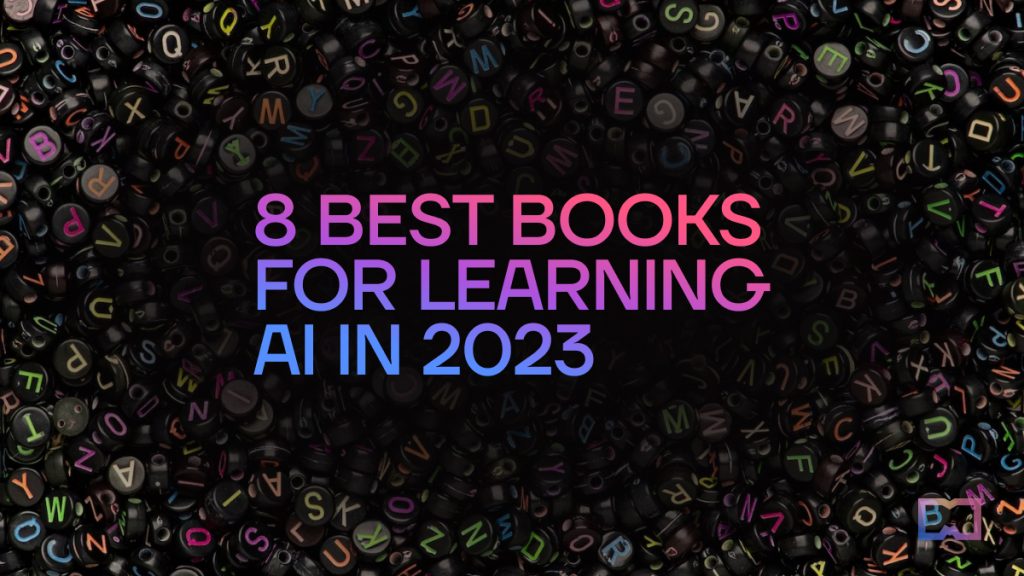
- 1. “Superintelligence: Paths, Dangers, Strategies” by Nick Bostrom
- 2. “The AI Revolution in Medicine: GPT-4 and Beyond” by Peter Lee, Carey Goldberg, and Isaac Kohane
- 3. “Artificial Intelligence: A Modern Approach” by Stuart Russell and Peter Norvig
- 4. “I, Human: AI, Automation, and the Quest to Reclaim What Makes Us Unique” by Tomas Chamorro-Premuzic
- 5. “Life 3.0: Being Human in the Age of Artificial Intelligence” by Max Tegmark
- 6. “Deep Learning” by Ian Goodfellow, Yoshua Bengio, and Aaron Courville
- 7. “AI Superpowers: China, Silicon Valley, and the New World Order” by Kai-Fu Lee
- 8. “1 the Road” by Ross Godwin and Kenric McDowell
What is Artificial Intelligence?
AI refers to computer systems that can perform intelligent tasks like humans, such as reasoning, discovering meaning, generalizing, and learning. While computers have been able to perform complex tasks like proving mathematical theorems or playing chess for a while now, they still struggle with tasks that require human-like flexibility or broad knowledge. However, there are some programs that perform as well as human experts in specific tasks like medical diagnosis or voice recognition.
AI has become a ubiquitous part of our daily lives. It powers various online shopping algorithms, web searches, and digital personal assistants such as Siri and Alexa. The super-popular ChatGPT that has taken the internet by storm is also a great example of an AI solution that’s becoming available everywhere. Our cars also employ AI-powered safety features, while smart thermostats use it to automatically regulate the temperature in our homes, conserving energy.
How to Learn AI?
There are many ways to learn AI. One of the most popular ways is through online courses, ranging from free to thousands of dollars, with flexible schedules that fit around your work schedule. Coursera, edX, Udemy, and Google all offer courses in artificial intelligence, covering topics like machine learning, AI for business, and AI for non-technical people. These courses provide a solid foundation in AI and are an affordable alternative to traditional education.
Another way to learn AI is through bootcamps. Coding bootcamps are intensive courses that prepare students for an entry-level career in a certain discipline. While bootcamps do not generally focus specifically on artificial intelligence, many data science and data analytics bootcamps offer an introduction to machine learning as part of the curriculum. In these programs, students learn how to apply machine learning algorithms in practical situations.
If you are looking for a more comprehensive education in AI, you may want to consider a bachelor’s or master’s program in artificial intelligence. These programs provide a broad education in computer science and offer a more extensive curriculum than an online course or bootcamp. While they are more expensive and time-consuming, they provide a deep understanding of AI and prepare students for a wide range of careers in the field.
Books are also a great option for learning AI. While online courses and bootcamps are more interactive and hands-on, books provide a more in-depth and comprehensive understanding of the concepts and theories behind AI.
1. “Superintelligence: Paths, Dangers, Strategies” by Nick Bostrom
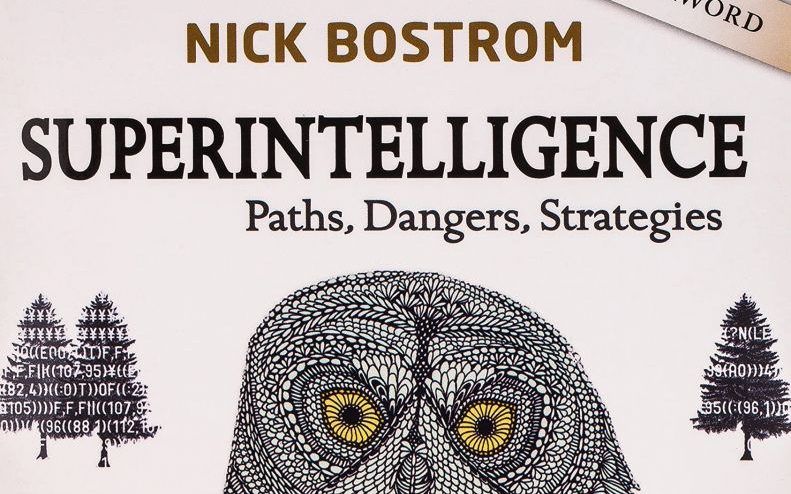
“Superintelligence” is one of the most popular books about AI of all time and a New York Times bestseller. Published in 2014, the book argues that if machine brains exceed human brains in overall intelligence, they could take over as the primary life form on Earth, replacing humans.
The author, Nick Bostrom, a philosopher at the University of Oxford, sees superintelligence as a possible result of AI progress, which could potentially pose a great risk to humans. He speculates that machines with high intelligence could surpass human computer scientists and potentially cause catastrophic outcomes for humans. However, Bostrom also believes that humans are capable of preventing AI’s adverse consequences.
2. “The AI Revolution in Medicine: GPT-4 and Beyond” by Peter Lee, Carey Goldberg, and Isaac Kohane
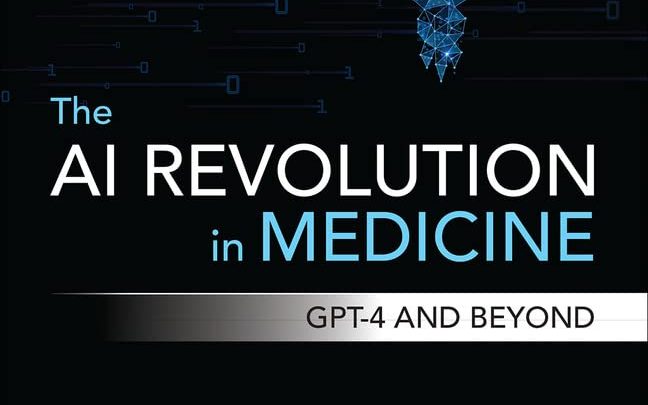
“The AI Revolution in Medicine: GPT-4 and Beyond” is for those who are looking to stay up-to-date with the latest trends in the field. It explores ChatGPT and GPT-4, the latest technological milestones that have been transforming our lives since a few months ago, and AI technology’s potential in the medical sector.
The three authors, who explored the first months of GPT-4’s existence, discuss its enormous potential to improve diagnoses, simplify patient visits, optimize procedures, accelerate research, and more. The book aims to convince readers that the impact of AI on various fields, such as healthcare, will be unparalleled and could potentially determine life-or-death situations. “The AI Revolution in Medicine: GPT-4 and Beyond” will be released in May but is currently available for pre-order.
3. “Artificial Intelligence: A Modern Approach” by Stuart Russell and Peter Norvig
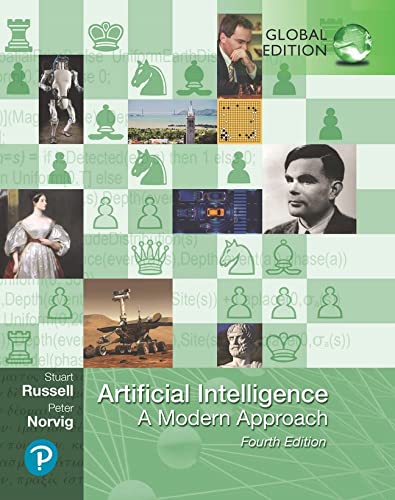
“Artificial Intelligence: A Modern Approach” was originally published in the 90s but has been revised to cover more recent technological advancements as they become a reality. It provides comprehensive coverage of the AI field, including new tech and concepts like machine learning, robotics, and privacy. The fourth edition (published in 2021) presents the material in a more unified manner with expanded coverage of new topics.
This dense 1,136-page book is used at more than 1,400 universities around the globe and has been titled “the most popular artificial intelligence textbook in the world.” It’s mainly for students who code and seek to understand AI on a deeper level. The book includes program presentations in pseudo-code, with online implementations available in Java, Python, and Lisp.
4. “I, Human: AI, Automation, and the Quest to Reclaim What Makes Us Unique” by Tomas Chamorro-Premuzic
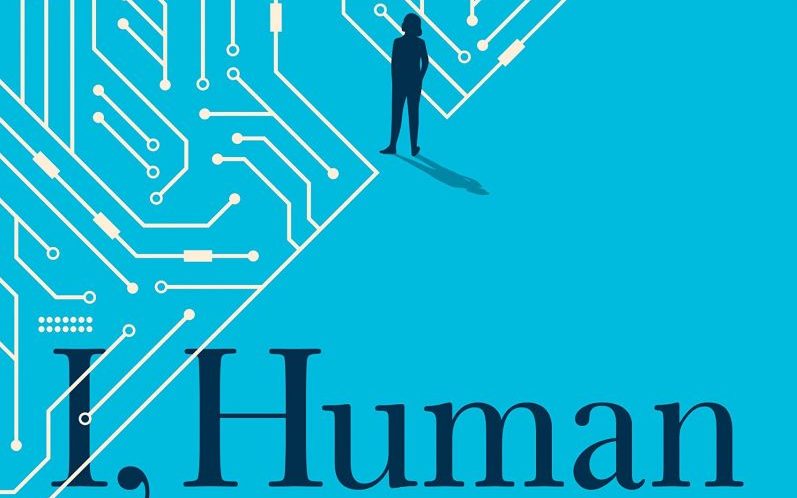
“I, Human” is one of the most recent books published on artificial intelligence. Released in February 2023, the book offers a different perspective on AI, from a psychologist’s point of view, rather than a technological one. The book explores the intricate human relationship with technology and asks one significant question:
Will we use artificial intelligence to improve the way we work and live, or will we allow it to alienate us?
Psychologist Tomas Chamorro-Premuzic offers readers a comprehensive exploration of the current state of AI. While acknowledging the potential benefits of AI, he also points out its potential negative effects, such as increasing distractions, biases, and impatience, among other traits.
5. “Life 3.0: Being Human in the Age of Artificial Intelligence” by Max Tegmark
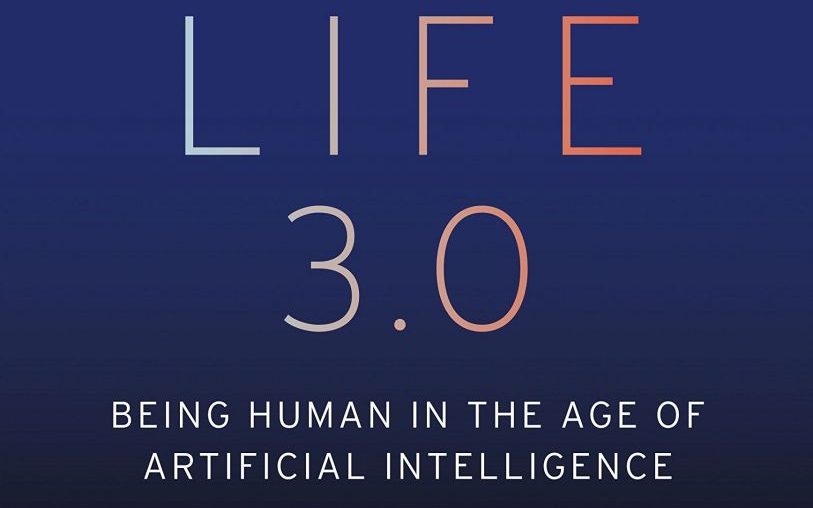
Max Tegmar’s thought-provoking book, “Life 3.0,” delves into AI’s potential impact on society, including its effect on crime, war, justice, jobs, and our sense of humanity. Through exploring the benefits and risks of AI, Tegmark prompts readers to consider important questions, such as how to ensure AI remains beneficial, how to avoid an arms race in autonomous weapons, and how to prevent machines from outsmarting humans in all tasks.
With a focus on empowering readers to join the conversation about our AI-driven future, the book offers a range of viewpoints and addresses controversial issues like superintelligence, consciousness, and the physical limits of life in the cosmos. The book was nominated on Goodreads for “Best Science & Technology” in 2017.
6. “Deep Learning” by Ian Goodfellow, Yoshua Bengio, and Aaron Courville
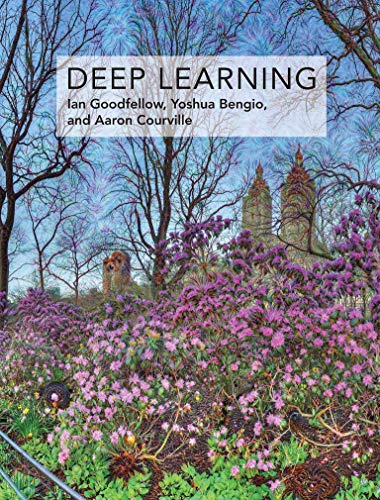
“Deep Learning” is an informative book that covers a broad range of topics in machine learning. The book provides mathematical and conceptual backgrounds, covering topics such as linear algebra, probability theory, numerical computation, and machine learning.
It describes deep learning techniques and applications in industry, including natural language processing, computer vision, and speech recognition. This book is suitable for undergraduate or graduate students, software engineers, and researchers. The website offers supplementary materials for both readers and instructors.
7. “AI Superpowers: China, Silicon Valley, and the New World Order” by Kai-Fu Lee
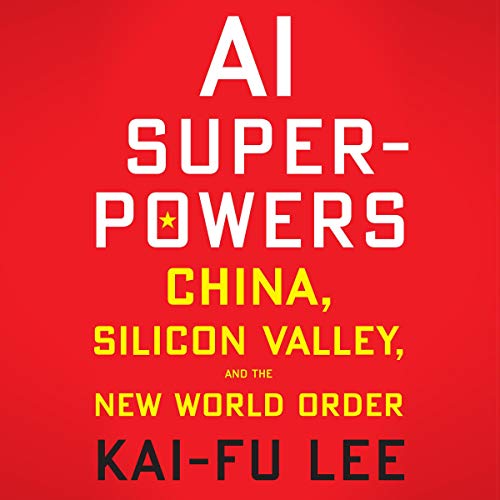
In “AI Superpowers,” Dr. Kai-Fu Lee, a respected AI expert, argues that China has caught up to the US in the field of AI at an unexpected pace. He predicts that the impact of AI on both blue-collar and white-collar jobs will be significant and that solutions like universal basic income may not be enough.
Drawing on his experience as an executive at Apple, Microsoft, and Google, as well as running a venture-capital fund in China, Lee asserts that China’s dominance in AI will eventually surpass the US due to its greater work ethic and looser privacy standards. However, he warns of a neocolonial situation where countries align with either China’s or America’s AI ecosystem.
8. “1 the Road” by Ross Godwin and Kenric McDowell
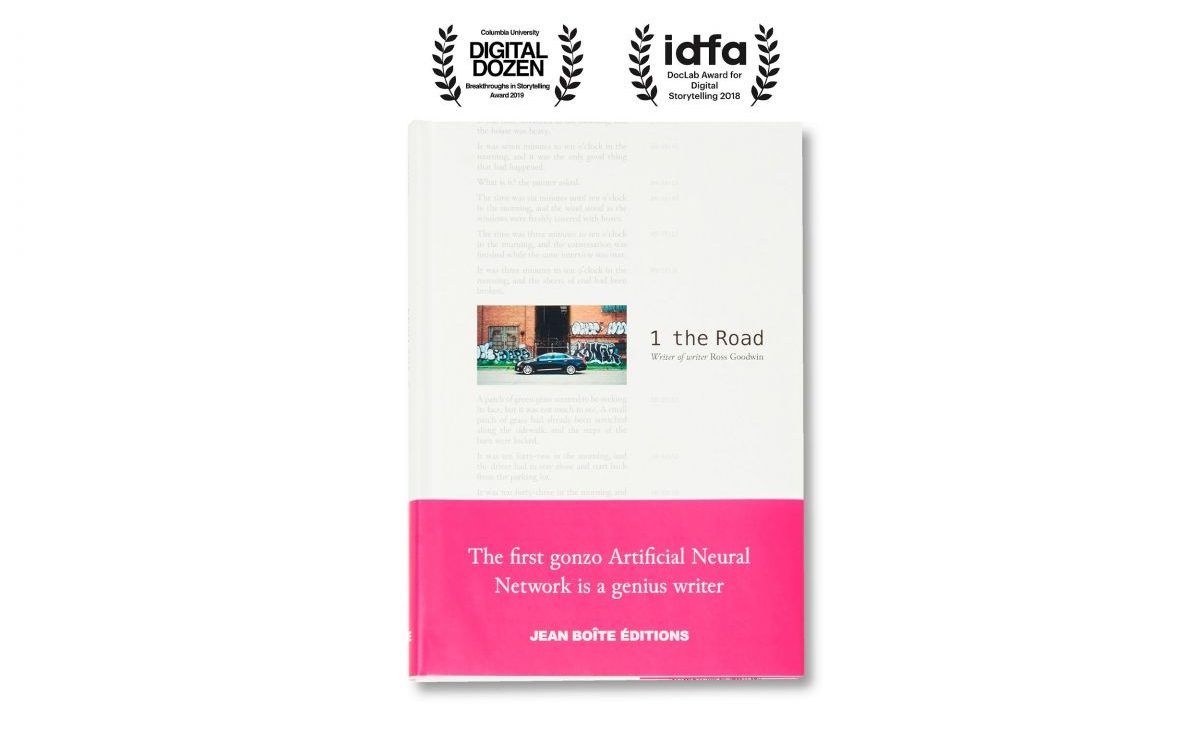
As an AI enthusiast, it’s essential to read books not only about the technology written by experts in the field but also posthuman books written with AI systems.
“1 the Road” is an experimental novel written by an AI, created by Ross Goodwin during an American literary road trip from New York to New Orleans. The AI, connected to sensors and a portable writing machine, produced a manuscript in real time that filled the car’s rear seats with long scrolls of receipt paper. Rooted in American literature and gonzo journalism, the novel offers a new reflection on the role of the author in an era of machines and the latest research in artificial neural networks and was published in 2018 in its unedited, verbatim form.
The book begins with a sentence: “It was seven minutes to ten o’clock in the morning, and it was the only good thing that had happened.”
| Recommended post: 15+ Best AI Сourses to Learn in 2023: Free and Paid |
Conclusion
The AI field is expanding rapidly, and the best AI books are a testament to the incredible advancements that have been made in this area. From introductions to the basics of machine learning to detailed examinations of complex AI algorithms and applications, there is a book for everyone interested in this fascinating field. Whether you are a student, researcher, entrepreneur, or simply curious about the future of technology, the best AI books provide valuable insights into the exciting AI world.
Read more:
Disclaimer
In line with the Trust Project guidelines, please note that the information provided on this page is not intended to be and should not be interpreted as legal, tax, investment, financial, or any other form of advice. It is important to only invest what you can afford to lose and to seek independent financial advice if you have any doubts. For further information, we suggest referring to the terms and conditions as well as the help and support pages provided by the issuer or advertiser. MetaversePost is committed to accurate, unbiased reporting, but market conditions are subject to change without notice.
About The Author
Agne is a journalist who covers the latest trends and developments in the metaverse, AI, and Web3 industries for the Metaverse Post. Her passion for storytelling has led her to conduct numerous interviews with experts in these fields, always seeking to uncover exciting and engaging stories. Agne holds a Bachelor’s degree in literature and has an extensive background in writing about a wide range of topics including travel, art, and culture. She has also volunteered as an editor for the animal rights organization, where she helped raise awareness about animal welfare issues. Contact her on agnec@mpost.io.
More articles

Agne is a journalist who covers the latest trends and developments in the metaverse, AI, and Web3 industries for the Metaverse Post. Her passion for storytelling has led her to conduct numerous interviews with experts in these fields, always seeking to uncover exciting and engaging stories. Agne holds a Bachelor’s degree in literature and has an extensive background in writing about a wide range of topics including travel, art, and culture. She has also volunteered as an editor for the animal rights organization, where she helped raise awareness about animal welfare issues. Contact her on agnec@mpost.io.






















































